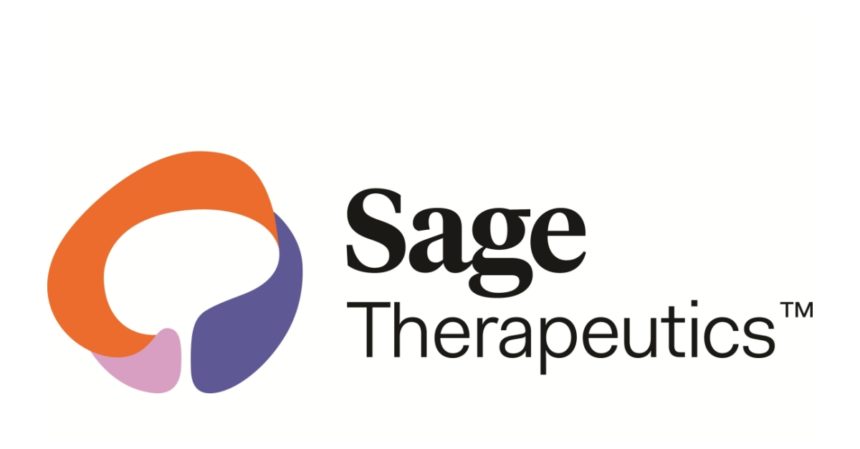
Promising antidepressant Sage-217 failed to outperform a placebo in a stage 3 trial, according to its developer.
Sage-217 showed potential to be the “first durable, rapid-acting, oral, short-course treatment designed to treat major depressive disorder and postpartum depression,” according to biotech company Sage Therapeutics. In 2018 it received fast track and breakthrough therapy status from the Food and Drug Administration.
In the latest trial, the 30 mg dose (taken twice daily) proved more effective than placebo at reducing symptoms of depression prior to day 15. But it lost any significant comparison at that time, the company reported in a fourth-quarter investor statement. Meanwhile, the twice-daily 20 mg dosages did not perform any better than placebo.
Sage-217 originally showed efficacy within two weeks of treatment, significantly quicker than all existing approved antidepressants besides ketamine, reported Business Insider earlier this year. Unlike most other antidepressants, which work on the brain’s serotonin network, it works on the gaba system.
The phase 3 trial safety results were consistent with those of the previous trials, and Sage is planning its next steps, said Steve Kanes, M.D., Ph.D., chief medical officer.
“As a designated breakthrough therapy, we are evaluating the path forward to more fully inform a potentially expedited pathway to approval, and any amendments we might consider to the ongoing SAGE-217 pivotal program,” he concluded.




